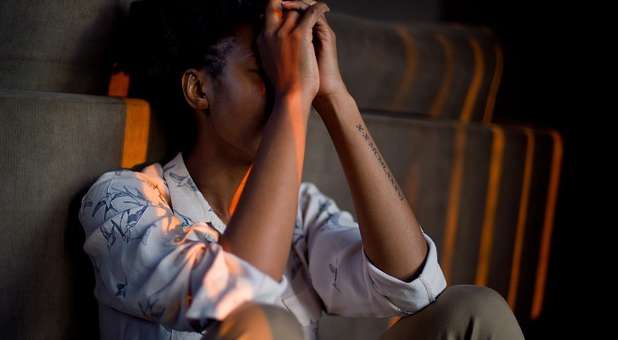Medical researchers studying how stress harms our bodies report it is more damaging than previously thought, ranking as a top risk factor for early death, along with smoking and obesity.
Cleveland Clinic’s Dr. Michael Roizen, author of Age Proof, says stress leads to “heart problems, depression, anxiety, pack pain, indigestion, other bowel problems, headaches, sleep problems and a whole host of other issues.”
Dr. Crystal Moore, a Chesapeake, Virginia pathologist, told CBN News a whopping 43 percent of adults suffer from health conditions related to stress. It gets worse: up to 90-percent of doctor visits are for complains that are stress related.
Dr. Moore says stress strikes in three primary ways:
Mood: anxiety, depression, sleep disorders
Body: headaches, fatigue, chest pain
Behavior: drug and alcohol abuse, eating disorders, poor socialization
With this in mind, Dr. Moore says, “We need to do more to integrate stress relieving behaviors into our daily lives.”
One proven stress reliever is prayer. According to University of Wisconsin researcher Shane Sharp, prayer “helps people deal with their situation and emotions” because it allows people to express their deepest emotions without fear of reprisal to someone who genuinely cares.
“During prayer, victims came to see themselves as they believed God saw them. Since these perceptions were mostly positive, it helped raise their senses of self-worth,” Sharp wrote.
Likewise, Dr. Harold G. Koenig, author of The Healing Power of Faith told CBN News people who pray and go to church have better health.
“In general, they cope with stress better, they experience greater well-being because they have more hope, they’re more optimistic, they experience less depression, less anxiety, and they commit suicide less often,” he said.
However, despite the stress-relieving benefit of prayer, fewer Americans are doing it.
According Pew Research the share of US adults who seldom or never pray has increased from 18 percent to 23 percent since 2007.
This change is mainly tied to the growing share of Americans who say they have no religious affiliation. Religiously unaffiliated adults pray far less frequently compared with those who identify with a religion, and an increasing share of religious “nones” say they seldom or never pray.
Nevertheless, many Americans are still turning to God as a way to relieve stress. An American Psychology Association report last year called “Stress in America” revealed 40 percent of women pray to relieve stress, while a much lower 23 percent of men do.
Meanwhile, the number of people who practice other religious stress-relievers such as meditation and yoga is at 12 percent for men and women combined, according to the report. {eoa}
Copyright The Christian Broadcasting Network, Inc., All rights reserved.











































